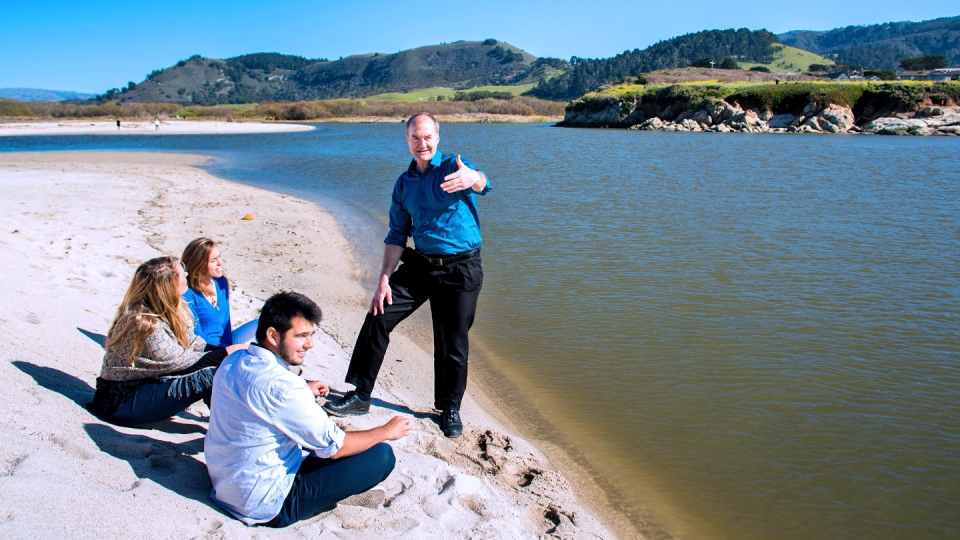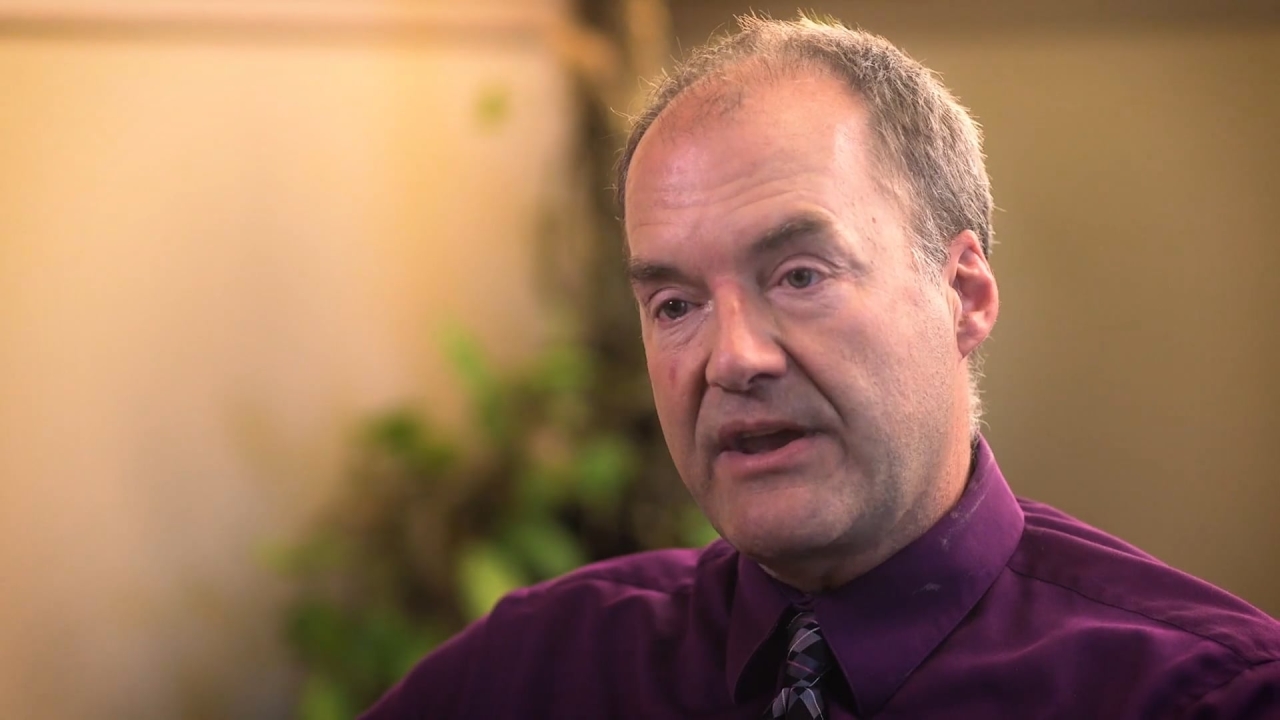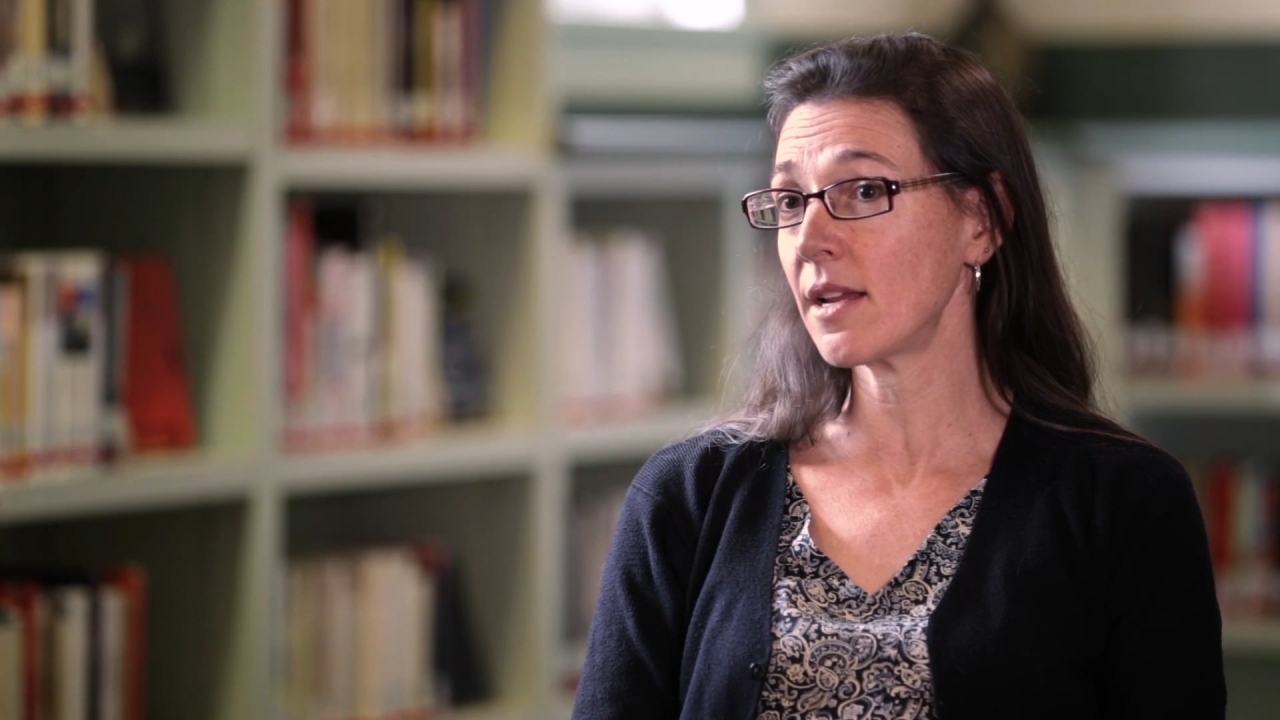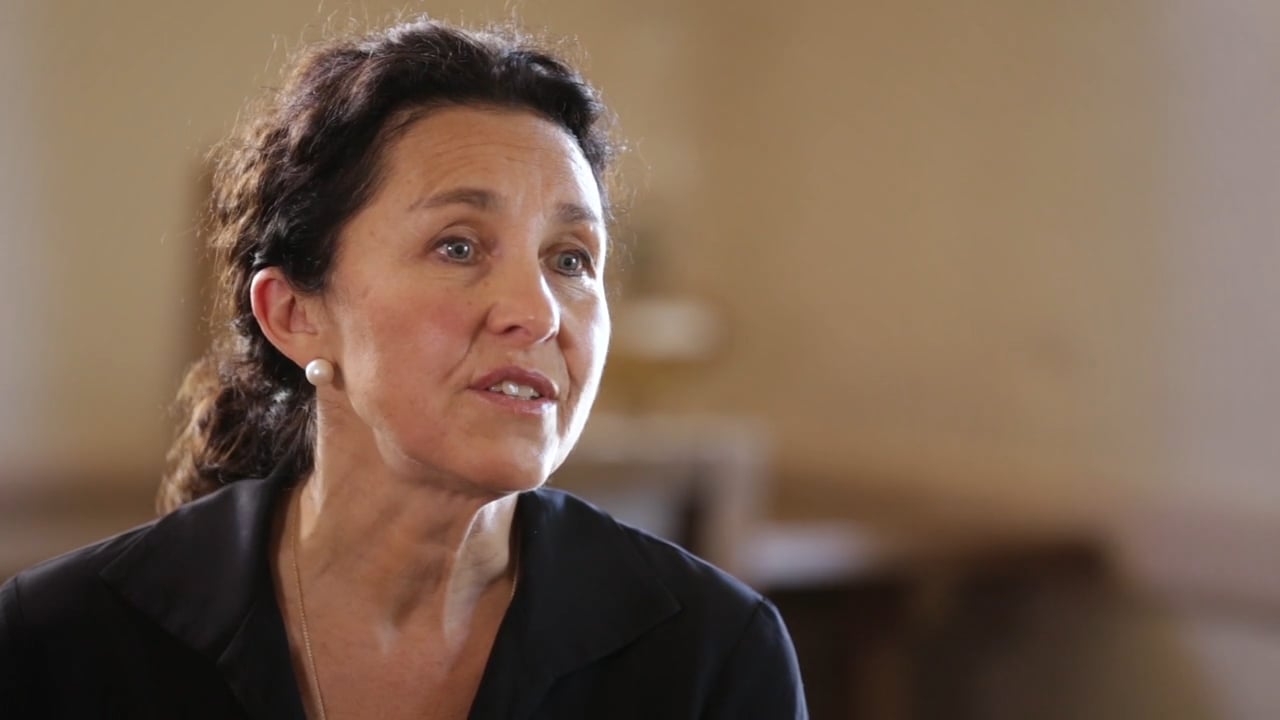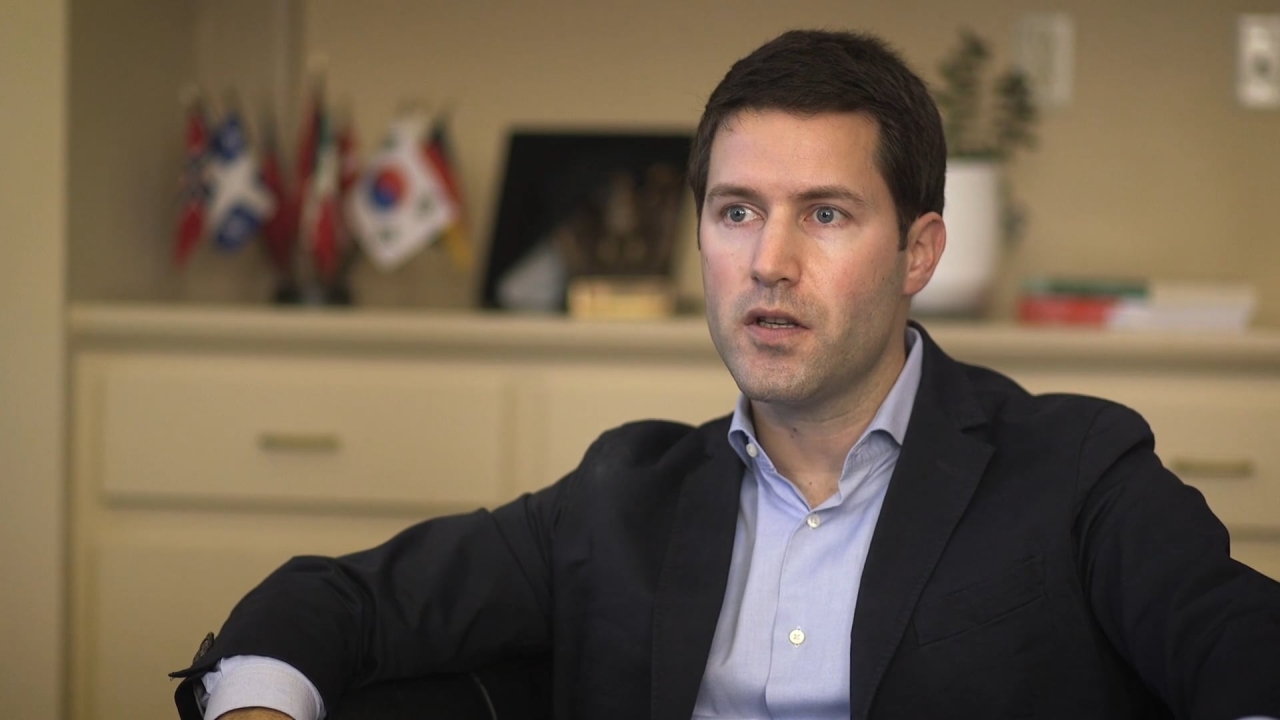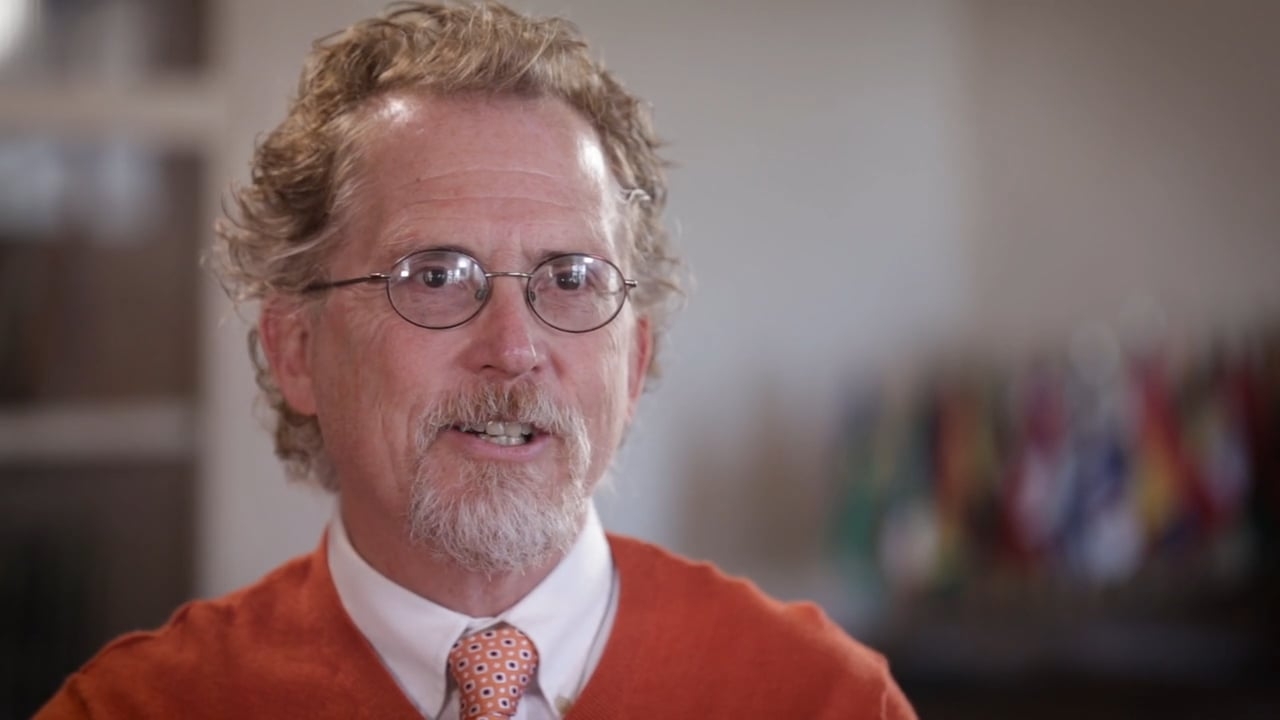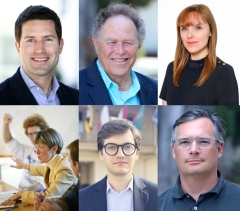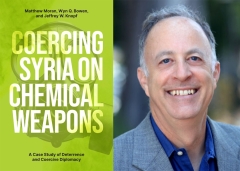Middlebury Faculty and Researchers Join Nobel Laureates in Calling for Prevention of Nuclear War
On the 80th anniversary of the Trinity nuclear test explosion in Alamogordo, New Mexico, Nobel Laureates and nuclear experts convened to call on world leaders to take immediate and meaningful action to prevent nuclear war. The group outlined thirteen urgent and achievable policy recommendations.

